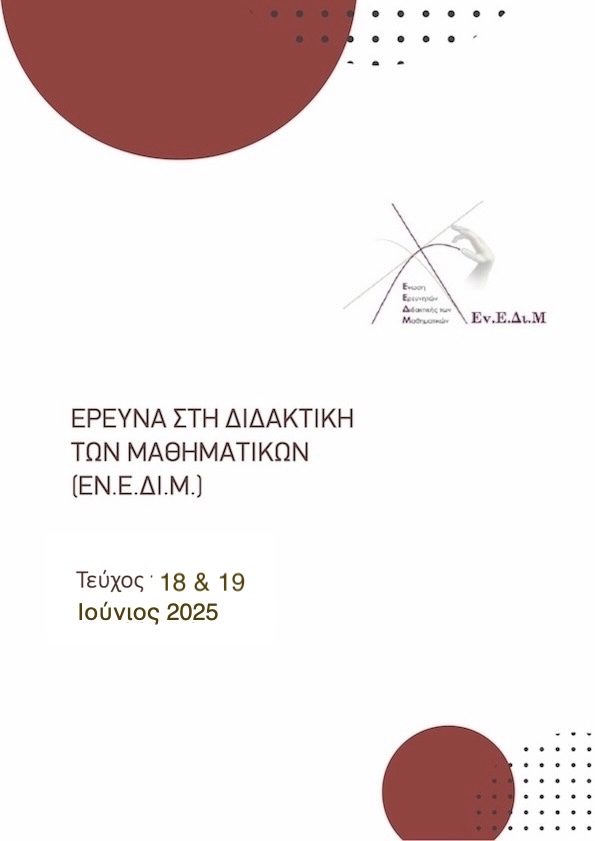OPEN-RESPONSE ACTIVITIES AND CREATIVITY IN MATHEMATICS: FROM TEACHERS' PERCEPTIONS TO SCHOOL REALITY

Abstract
While students' creativity in mathematics can be fostered by exploring multiple solutions in open-ended tasks, it has been observed that teachers often overlook or fail to effectively utilize such tasks. This paper examines seven in-service primary school teachers, investigating the extent to which they associate open-ended tasks with fostering creativity and the degree to which they implement these tasks into their classrooms. For this purpose, interviews with teachers and observations of their teaching were conducted before and after their participation in an intervention aimed at cultivating mathematical creativity. The absence of open-ended tasks in school reality and an inconsistency between teachers' perceptions and their actual teaching practices are highlighted.
Article Details
- How to Cite
-
Zioga, M., & Desli, D. (2025). OPEN-RESPONSE ACTIVITIES AND CREATIVITY IN MATHEMATICS: FROM TEACHERS’ PERCEPTIONS TO SCHOOL REALITY. Research in Mathematics Education, (18 & 19), 7–25. Retrieved from https://ejournals.epublishing.ekt.gr/index.php/enedim/article/view/39522
- Section
- Articles

This work is licensed under a Creative Commons Attribution 4.0 International License.
Authors who publish with this journal agree to the following terms:
Authors retain copyright and grant the journal right of first publication with the work simultaneously licensed under a Creative Commons Attribution licence that allows others to share the work with an acknowledgement of the work's authorship and initial publication in this journal.
Authors are able to enter into separate, additional contractual arrangements for the non-exclusive distribution of the journal's published version of the work (e.g. post it to an institutional repository or publish it in a book), with an acknowledgement of its initial publication in this journal.
Authors are permitted and encouraged to post their work online (preferably in institutional repositories or on their website) prior to and during the submission process, as it can lead to productive exchanges, as well as earlier and greater citation of published work (See The Effect of Open Access).


